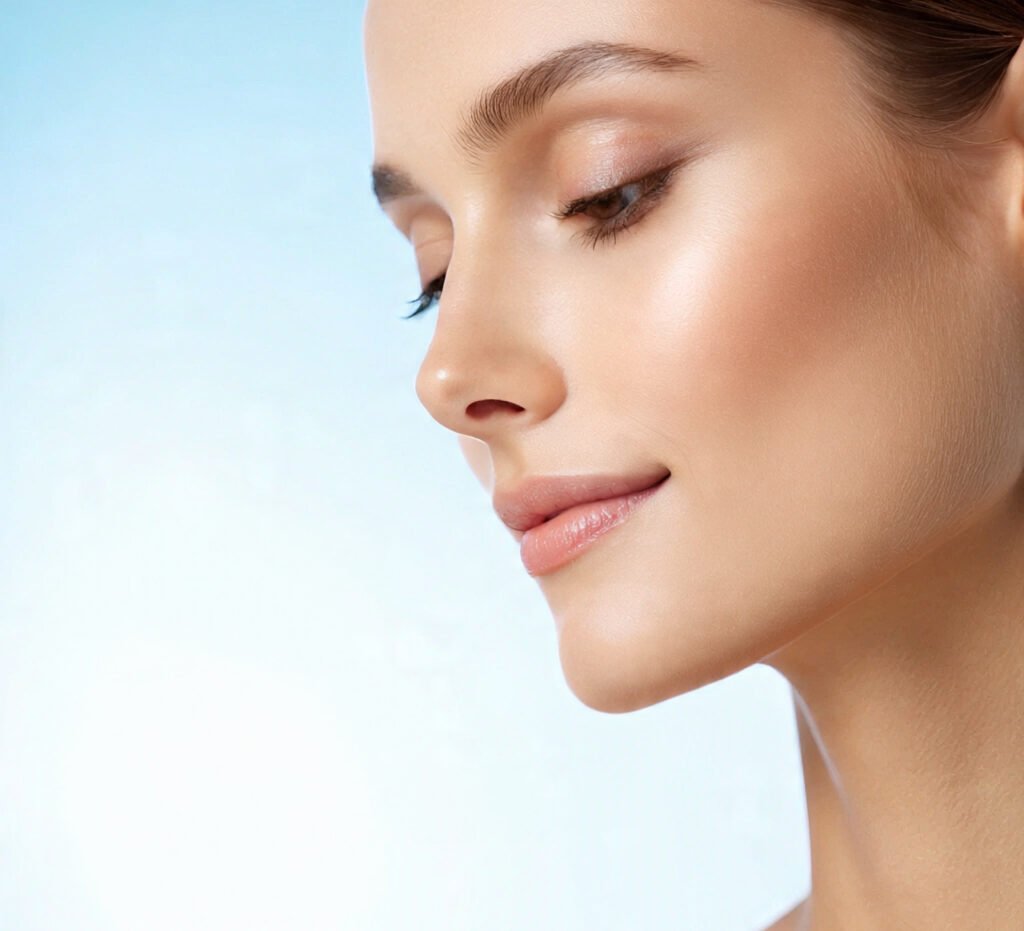"The Collagen Craze: Hype, Hope, and the Science Behind the Beauty Buzz"

Collagen Craze: Miracle Molecule or Just Clever Marketing?
From premium skincare clinics to the middle aisle of Lidl, collagen has become the wellness world’s latest obsession. Marketed as the key to youthful skin, lustrous hair, and healthy joints, this structural protein is now available in everything from berry-flavoured shots to powders you can stir into your morning coffee. Even celebrities are onboard—actor Leslie Ash recently claimed the collagen-boosting treatment NeoGen had “taken 10 years off her.”
But beyond the bold claims and glossy endorsements, a deeper question remains: Can anything really boost collagen—and should we even want to?
What Is Collagen?
Collagen isn’t just a buzzword—it’s a vital protein that acts as the scaffolding of your body. Collagens are a large family of structural proteins that provide mechanical strength and support to tissues like skin, cartilage, tendons, and bones. They make up about 30% of the body’s total protein.
In skin, collagen forms part of the extracellular matrix—a gel-like structure that keeps skin firm, hydrated, and elastic. As we age, the body produces less collagen, and what remains becomes fragmented, leading to wrinkles, sagging, and dullness.
Can We Boost It?
Here’s where the science gets nuanced.
1. Supplements
Collagen supplements, usually in hydrolysed (or “peptide”) form, have gained massive popularity. Some small studies suggest they may improve skin elasticity and hydration over time, especially when taken consistently. However, these peptides are broken down into amino acids in the gut—meaning your body doesn’t necessarily rebuild collagen with them unless other nutrients (like vitamin C) are present.
🧪 Verdict: Promising, but not miraculous. Best taken as part of a balanced, nutrient-rich diet.
2. Topical Collagen
Creams containing collagen are less effective because collagen molecules are too large to penetrate the skin. Instead, look for ingredients that stimulate the skin’s own collagen production—such as retinoids, peptides, and vitamin C.
💄 Verdict: Topical collagen? Not really effective. Collagen-stimulating ingredients? Much more useful.
3. Procedures Like NeoGen
NeoGen uses plasma energy to heat deeper layers of the skin, which stimulates collagen remodelling and new collagen growth. It’s non-invasive and is said to tighten skin over several months.
🔬 Verdict: Clinically promising, but results vary. It’s not a substitute for natural collagen loss over time.
Is More Always Better?
Not necessarily. While collagen is crucial for structural integrity, excess or disorganised collagen can be a problem. In the wrong context, it contributes to conditions like fibrosis (scarring) and keloids. Also, focusing solely on collagen ignores the broader picture of skin health, which depends on hydration, sun protection, antioxidants, and more.
So… Should You Jump on the Collagen Bandwagon?
If your goal is healthier skin or joints, collagen may help—but only as part of a larger lifestyle that includes good nutrition, hydration, sleep, and sun protection. It’s not a miracle, but it can be part of a smart strategy.
In the end, collagen isn’t just a beauty booster—it’s a biological essential. The challenge is separating science from sales pitch.
